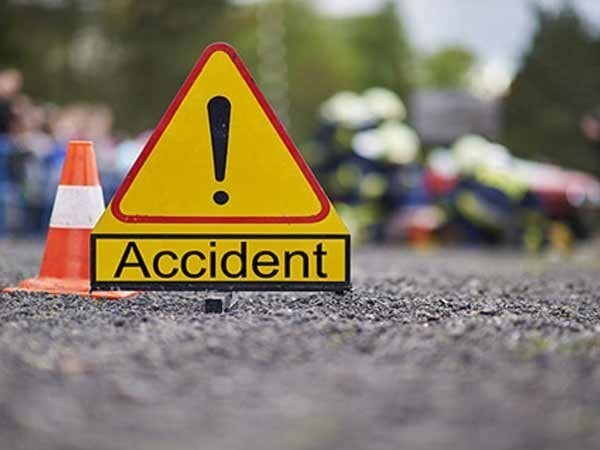Charge sheet do not fall within RTI: Supreme Court
Jan 20, 2023

New Delhi [India], January 20 : The Supreme Court on Friday has ruled that copies of the chargesheet and the attached relevant documents do not fall within the Right to Information Act (RTI) Act and remarked that putting the chargesheets on public domain violate the rights of the accused as well as the victim or even the investigating agency.
A bench of justices MR Shah and CT Ravikumar said, "Copies of the chargesheet and the relevant documents along with the charge sheet do not fall within Section 4(1)(b) of the RTI Act."
The court said while rejecting a plea filed by Saurav Das saying that the petition lacks merits and the same deserves to be dismissed.
The court said that the petitioner is not entitled to the relief and rejected his plea seeking directing all the States to put on their websites the copies of all the chargesheets/challans filed under Section 173 of the CrPC.
The court noted that the Investigating Agency is required to furnish copies of the report along with the relevant documents to be relied upon by the prosecution to the accused and to none others.
Therefore, if the relief as prayed in the present petition is allowed and all the charge sheets and relevant documents produced along with the chargesheets are put on the public domain or on the websites of the State Governments it will be contrary to the Scheme of the Criminal Procedure Code and it may as such violate the rights of the accused as well as the victim and/or even the investigating agency.
Putting the FIR on the website cannot be equated with putting the chargesheets along with the relevant documents on the public domain and on the websites of the State Governments, the court observed.
The court also remarked that copy of the chargesheet along with the necessary documents cannot be said to be public documents within the definition of Public Documents as per Section 74 of the Evidence Act.
"As per Section 75 of the Evidence Act all other documents other than the documents mentioned in Section 74 of the Evidence Act are all private documents," the court said.
"Therefore, the chargesheet/documents along with the chargesheet cannot be said to be public documents under Section 74 of the Evidence Act, reliance placed upon Sections 74 and 76 of the Evidence Act is absolutely misplaced," the court said.
The court also said that so far as the reliance placed upon Section 4 of the RTI Act is concerned, under Section 4(2) of the RTI Act a duty is cast upon the public authority to take steps in accordance with the requirements of clause (b) of sub- Section 1 of Section 4 of the RTI Act to provide as much information suo moto to the public at regular intervals through various means of communications.
"Under the circumstances also the reliance placed upon Section 4(1)(2) of the RTI Act is also misconceived and misplaced," the court said.

















